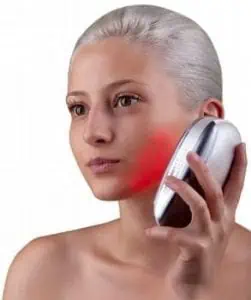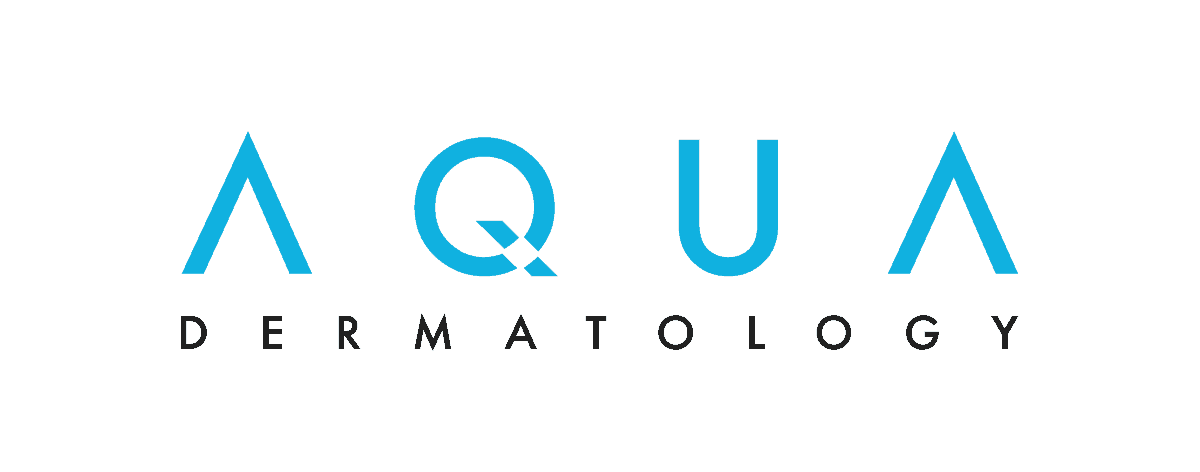
Acne is the most common skin disorder in the United States, affecting 40 to 50 million Americans. The problem typically begins in puberty, but is not restricted to any age group and can affect almost anyone from their 20s to their 50s. For this reason, many people with acne will visit a dermatologist clinic at some point in their lives to access a variety of treatments, acne products and techniques. Thanks to a significant amount of scientific research on the subject, many new acne therapies and changes to existing treatment options have been developed.
But what kind of treatment can you expect from an acne dermatologist? What technique or product will work best for you? Read on for some acne treatment reviews of common products and methods.
- Topical Treatments– Most acne treatments are liquids, lotions, and cleansers applied directly to the skin. Many of these topical treatments focus on killing bacteria present in the skin, while others reduce oil and other substances that can clog hair follicles, causing acne. Some treatments can be purchased at a drugstore, while others must be prescribed by a dermatologist. Because of the varying types, using the wrong product can cause irritation, dry skin, or even worsen the condition itself. For this reason, people with moderate to severe acne should visit a dermatologist for acne diagnoses and treatments.
- Acne Medication– Acne that is particularly red and swollen will often be treated with a pill or other form of ingestible medicine. These can include antibiotics to reduce bacteria that may be causing breakouts, birth control to control hormone production in women, a retinoid called isotretinoin, or accutane. However, acne treatment reviews will often show that accutane has a number of potential risks and is only prescribed for the most severe cases.
- Light and Laser Therapy– Dermatologists will often use special equipment to perform light and laser acne treatments in their clinic. These treatments target p. acnes bacteria in the skin, but will not be effective or right for all types of acne. As a result, only a board-certified dermatologist can determine whether or not your acne can be treated with these methods.
The treatments listed above are three of the most common methods of reducing or relieving a patient’s acne. Additional treatments, such as special chemical peels or acne removal, may also be used in some cases. Use these acne treatment reviews to help you discuss your options with a dermatologist and formulate the best treatment regimen for you and your skin.





